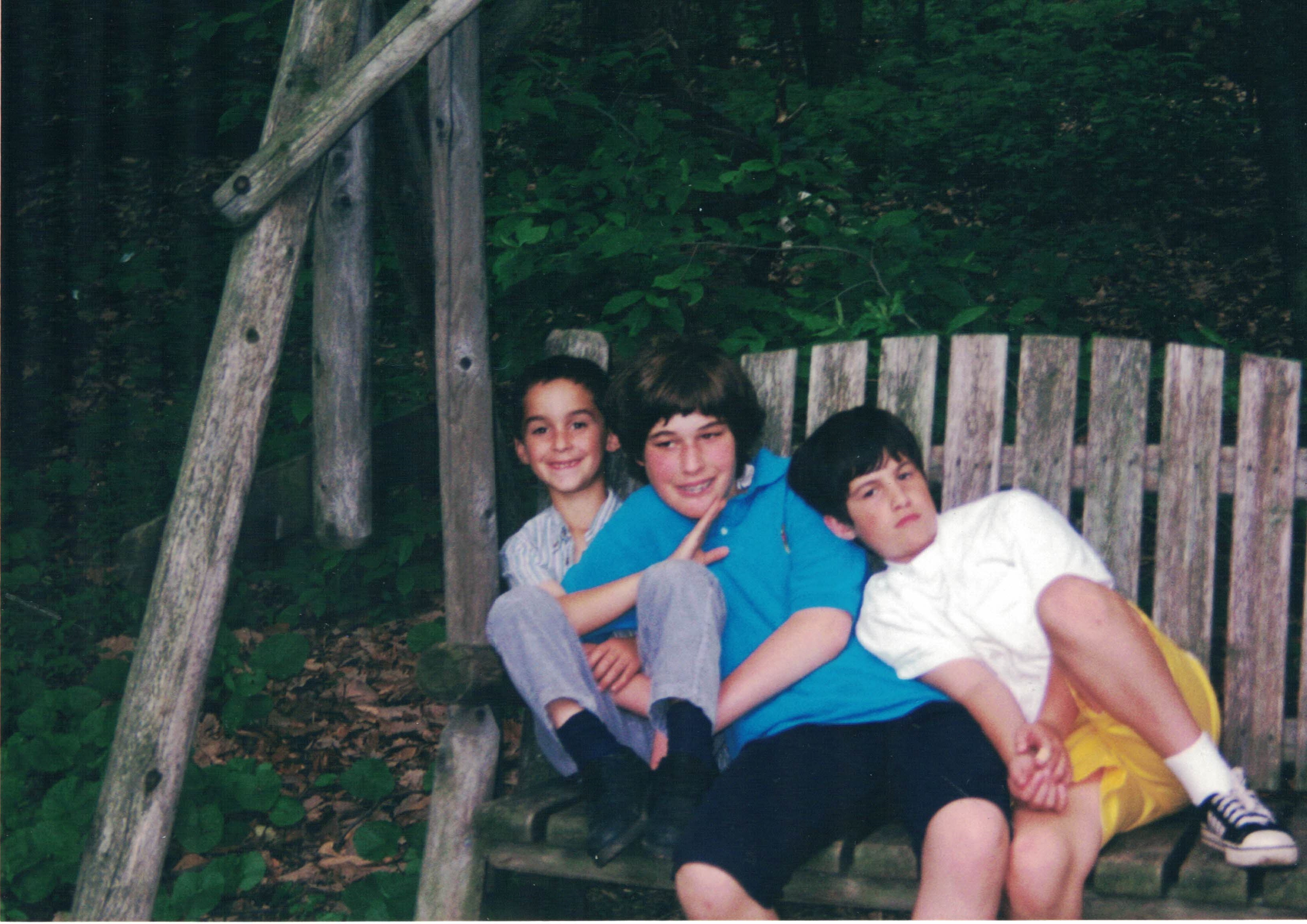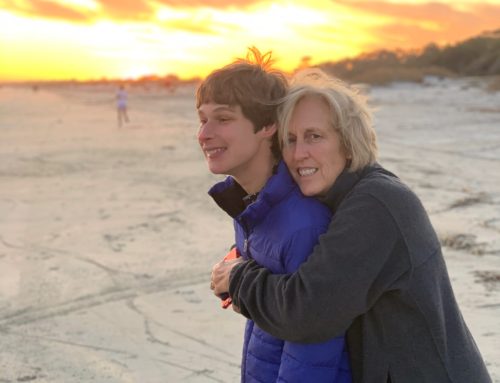Sibling relationships are, well, complex. Our siblings can be our best friends, confidants, rivals or pain in the necks and often all at once. You add the dimension of a sibling with a disability and the relationships become even more complex. However, one of the questions most asked at our seminars, pertains to siblings. So, to write this series, we asked our grown children (Emily -29, Albert – 25) to give us their insights. In the past two blogs, we’ve shared the blessings and struggles that siblings have growing up in a family with a sibling with special needs.
We also asked our kids “what advice do you have for parents?”
Both were glad that we included Mary in most everything we did, but cautioned parents about letting one child define the entire family. They both mentioned that parents need to make sure they give their TDC (typically developing children) their time, attention, love and support. They were glad that we let them (TDC) pursue their dreams and goals. They encouraged parents to be aware of potential pitfalls, like the tendency to expect their TDC to not have problems or the difficulties involved with a divided family (one parent takes one child, the other parent takes the remaining child and it is consistently divided this way). They also mentioned that they were really glad we were still married (Were they worried?) and were thankful we took the time to work on our marriage. Emily said she appreciated our involvement in a church or extended community. Having friends and extended family in her life (somebody other than just Mom and Dad), helped her to deal with the isolation that sometimes comes with having a family member with special needs. They also suggested that both parents allow their children to talk openly about how they were feeling. To summarize, they emphasized balance, inclusion and approachability.
We have to admit that this was a difficult blog to write (perhaps even more difficult than the blog on sex!). It was incredibly helpful to have these discussions with our TDC and to know even more about their feelings and experiences. We only wish that Mary could have also given us her input, as she too is a sibling. For those of you who don’t know Mary, she is non-verbal and can’t tell us about how she is feeling or share her experiences of her upbringing. Perhaps not being able to have a conversation with Mary (this side of heaven) is what we still grieve the most! Which, of course, brings us back to the fact that as a family, we are a bit different … but different can be ok.
We encourage you to talk with your TDC. Do they have the freedom to share their feelings with you? We know that life can be overwhelming for families like ours, but take a moment to ask yourself if your family life is defined solely by your child with special needs or do your TDC have the opportunity to also pursue their dreams?







